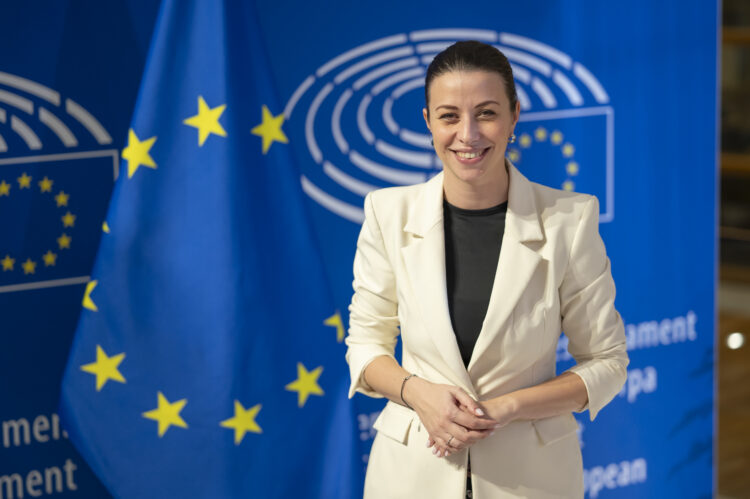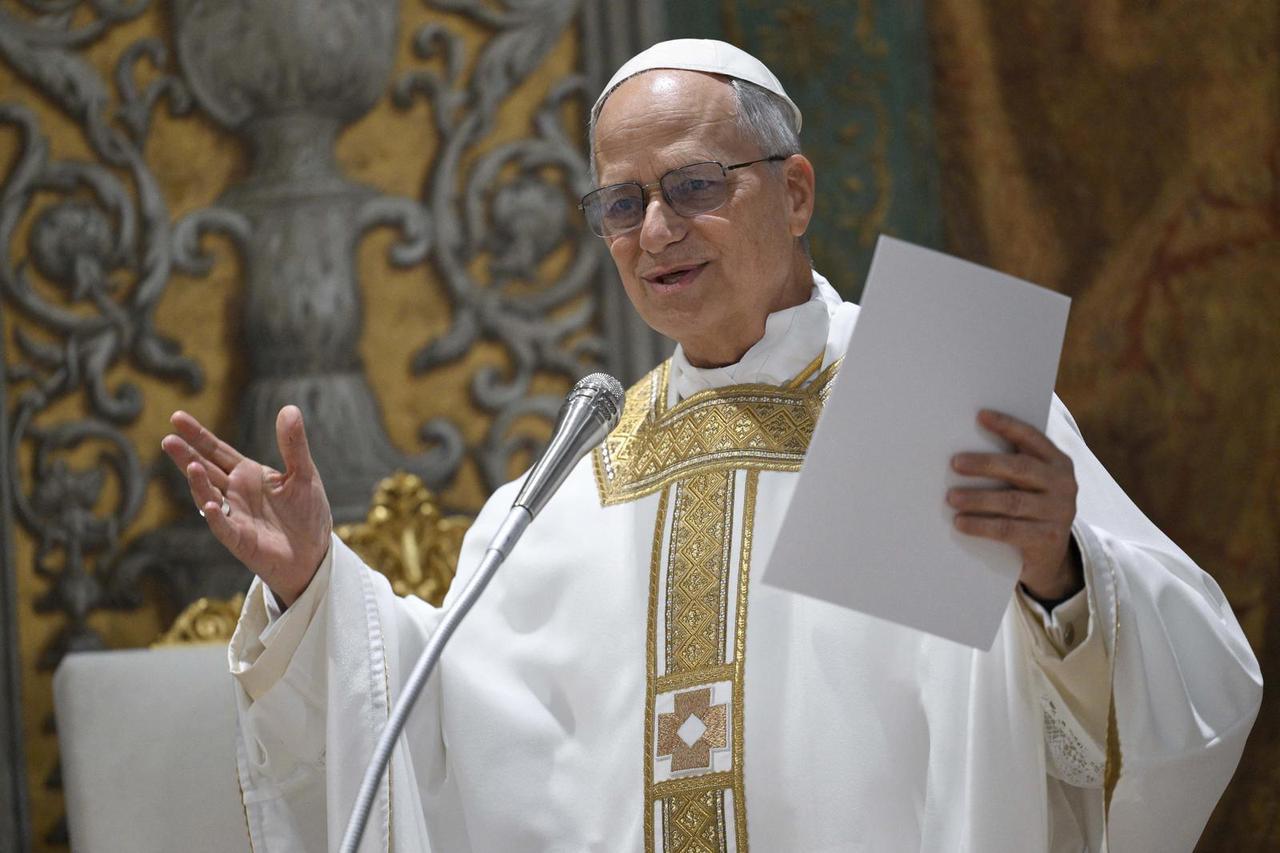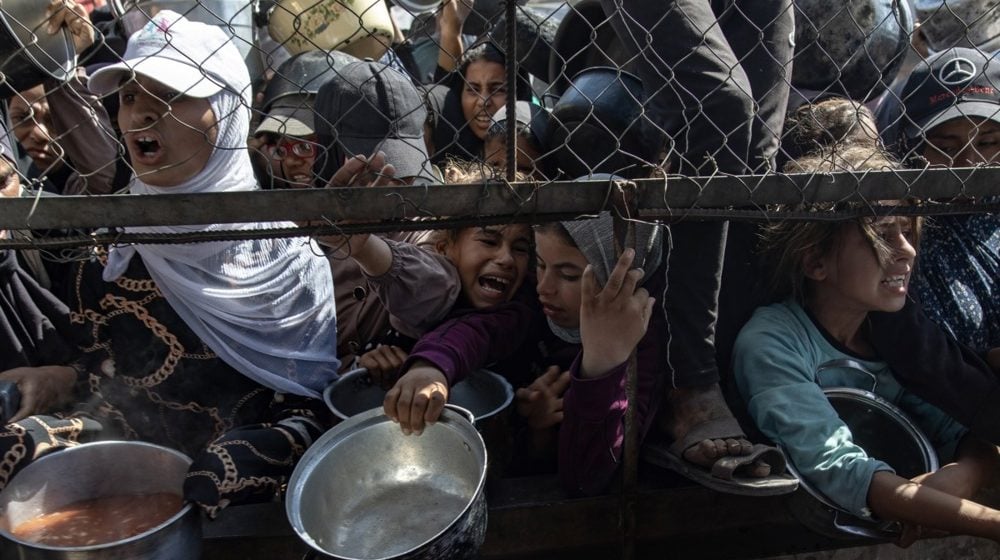There are many tough jobs in politics, but none tougher than the one just handed to Sébastien Lecornu, the third French prime minister Emmanuel Macron has appointed within a year.
Lecornu has been given an almost impossible task – to push an austerity budget through parliament, and to do so with a minority government facing relentless opposition from far-right and far-left parties. A true “poisoned chalice,” writes Larry Elliott for The Guardian.
The common view is that Macron and a succession of his prime ministers are the only ones willing to face reality – namely, that France’s unwillingness to seriously cut its budget deficit leaves the country at the mercy of the financial markets.
Sooner or later, the “bond vigilantes” will force the French political elite to react. Eventually, warring political parties will have to accept the truth that Margaret Thatcher stated in the 1980s: “You can’t buck the market.”
As the story goes, Britain too must wake up – or the markets will “come for us” next. There is still a chance to avoid collapse, but it requires the kind of measures that French MPs have so far rejected: raising taxes, cutting social benefits, slashing budget programs.
The reason why neither France nor Britain have a real choice is because states are weak, and markets are all-powerful.
Bond markets exert their influence through buying and selling government bonds. If they sell en masse, the interest rates governments must pay to borrow money rise, and they can be forced to change policy even when they don’t want to.
Over the past 50 years it has been widely accepted that governments must do what bond traders and speculators demand or risk being “steamrolled” by the global financial machine.
There is, however, an alternative story: Britain has its own currency and a central bank that can set interest rates. It is not France – and the idea that “contagion” will spread across the Channel is an attempt by the political right to force UK finance minister Rachel Reeves into moves that will be both unpopular and pointless.
It is also worth noting that markets are powerful, but not omnipotent. They operate within the legal and institutional frameworks created by governments themselves, and when the going gets tough, they rely on those very governments to bail them out.
During the global financial crisis of 2008 and the Covid pandemic of 2020, markets were saved solely thanks to governments’ willingness to print money and run large budget deficits. At that time, there was no talk of “bond vigilantes” imposing fiscal discipline.
Just as the power of markets is often exaggerated, the power of states is underestimated. What happened in the 1970s and 1980s was that states were reshaped under right-wing ideology, which among other things meant lifting restrictions on capital movements.
Those restrictions, however, existed for a reason: so governments could aim for full employment, build welfare states, and reduce inequality.
Removing capital controls benefited large financial institutions and multinational corporations, but made it harder for governments to pursue domestic economic strategies. States have not become weaker over the last 50 years – they have simply begun to serve the interests of a different social class.
Of course, there are times when markets are right and governments are clearly wrong. Black Wednesday – the day in September 1992 when George Soros forced Britain out of the European Exchange Rate Mechanism – was an example.
Although it was a humiliation for John Major’s Conservative government, Black Wednesday allowed interest rates to fall and triggered a strong economic recovery.
But markets are not always right. The idea that austerity measures are necessary to “calm” bond markets and thereby create the conditions for economic growth was revealed as a fantasy after the financial crash — and it is no more convincing today, in France or Britain.
No one can accuse Macron of being unfriendly to the markets. He cut corporate taxes and raised the retirement age in France. And what has been the result?
During his presidency, the French economy has continued to struggle. All this means that the real lesson Britain should draw from the French example is not the one the political right emphasizes.
Rachel Reeves is right to prioritize faster growth, since it leads to higher tax revenues and fewer people dependent on welfare.
But if demand is drained from the economy through higher taxes and spending cuts, the result will be weaker growth and a bigger deficit, prompting new market demands for further austerity.
Even speculation about which taxes will rise in November’s budget will likely damage business and consumer confidence.
Labour, like other centre-left parties, faces a choice. They can argue that financial markets are often capricious and destructive.
They can argue that financial sector liberalization has not delivered the economic performance improvements that Thatcherites promised.
They can argue that market whims should not block the implementation of a generously funded industrial strategy.
They can point out that Donald Trump, by raising tariffs and investing in US chipmaker Intel, made the “unthinkable – thinkable.”
They can advocate targeted and transparent controls to prevent short-term capital flows from derailing the economy.
Alternatively, they can use the phrase “you can’t buck the market” as an excuse for inaction, thereby paving the way for eventual defeat. As the desperate state of centre-left parties across Europe shows, cowardice carries both economic and political consequences.











